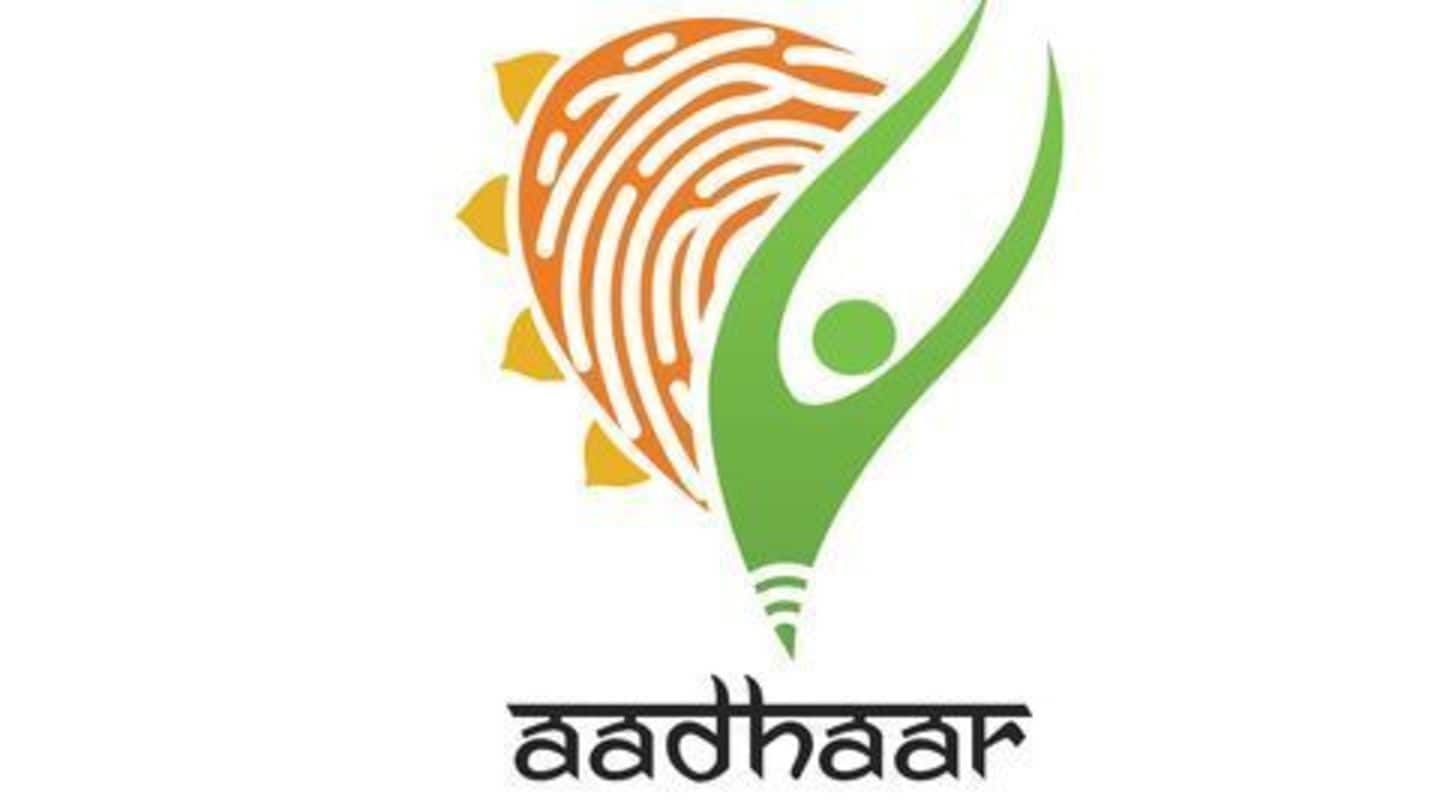
Aadhaar leaks are troubling, but what about the daily trickle?
What's the story
While the response to the introduction of Aadhaar has been majorly positive, in the recent light of leaks, it has ushered in intense skepticism against it.
The idea of losing one's personal data may raise eyebrows but this is not a black and white comparison since people share data to organizations that are not even based in the country.
How? Read to find out.
Online shopping
Your online shopping destination
When someone is shopping on the e-commerce platforms they are sharing two important information with them. First is the phone number and second, the address, which is usually of the user's home or workplace.
Along with this people have been sharing their shopping patterns, frequency of buying products, all of which are being fed into an algorithm to give shoppers "suggested" contents for perusal.
Amazon
Even giants fail to protect themselves
Before you smugly refute by saying this is harmless; this April a major scam was discovered in Amazon, where hackers broke into the sellers' accounts using email and password credentials to commit frauds of millions.
Amazon is one of the biggest e-commerce platforms out there and it's a given that they don't take security lightly but still this incident took place.
You don't need to be a genius to hack someone
One of the most popular messaging apps that are used on an everyday basis is WhatsApp and it is comforting to know that it has an end-to-end encryption running.
However, recently hackers in India have started making use of Security Verification Code feature to hack into a person's WhatsApp account and siphoning all the information to later use it for blackmailing purposes.
There is enough information available to get you into trouble
Every time you divulge details on Facebook, Instagram, Twitter and other social media platforms, chances are, you might get hacked and this information could get leaked outside.
Even if it doesn't, Facebook uses this information to give advertisers on its platform, an insight on what you like so that they can cater things accordingly.
Considering the amount of information people make available, it's scary.
Google & Yahoo
Even the basics are not doing well
Yahoo was at its pinnacle, but when it was discovered that the data of millions of users have become public due to a major hacking attack on their mail servers, the firm's backbone broke.
One can literally write a novella titled "Google scams, spams and hacks" and lately a Google docs scam, which gives hackers access to your Gmail accounts, is also doing rounds.
Cyber crimes
Your enemy is already here
Cyber threats are rampant these days but it is unfair to peg things on a government, which is at least going to have liability, if something goes amiss.
You don't share your credit information in Aadhaar; the information you give can be easily acquired with some data mining and if someone wants to misuse iris and fingerprints, they need you, not prints.
Privacy Act
Privacy Act, the only safeguard in troubling times
Under no circumstances should one be less concerned about their data security and it's a welcoming sign that there has been an increase in awareness among Indian citizens.
But instead of playing the blame game, Indians should ask for a Privacy Act that will safeguard their interests from both the government and private players' misuse.
That is the need of the hour.